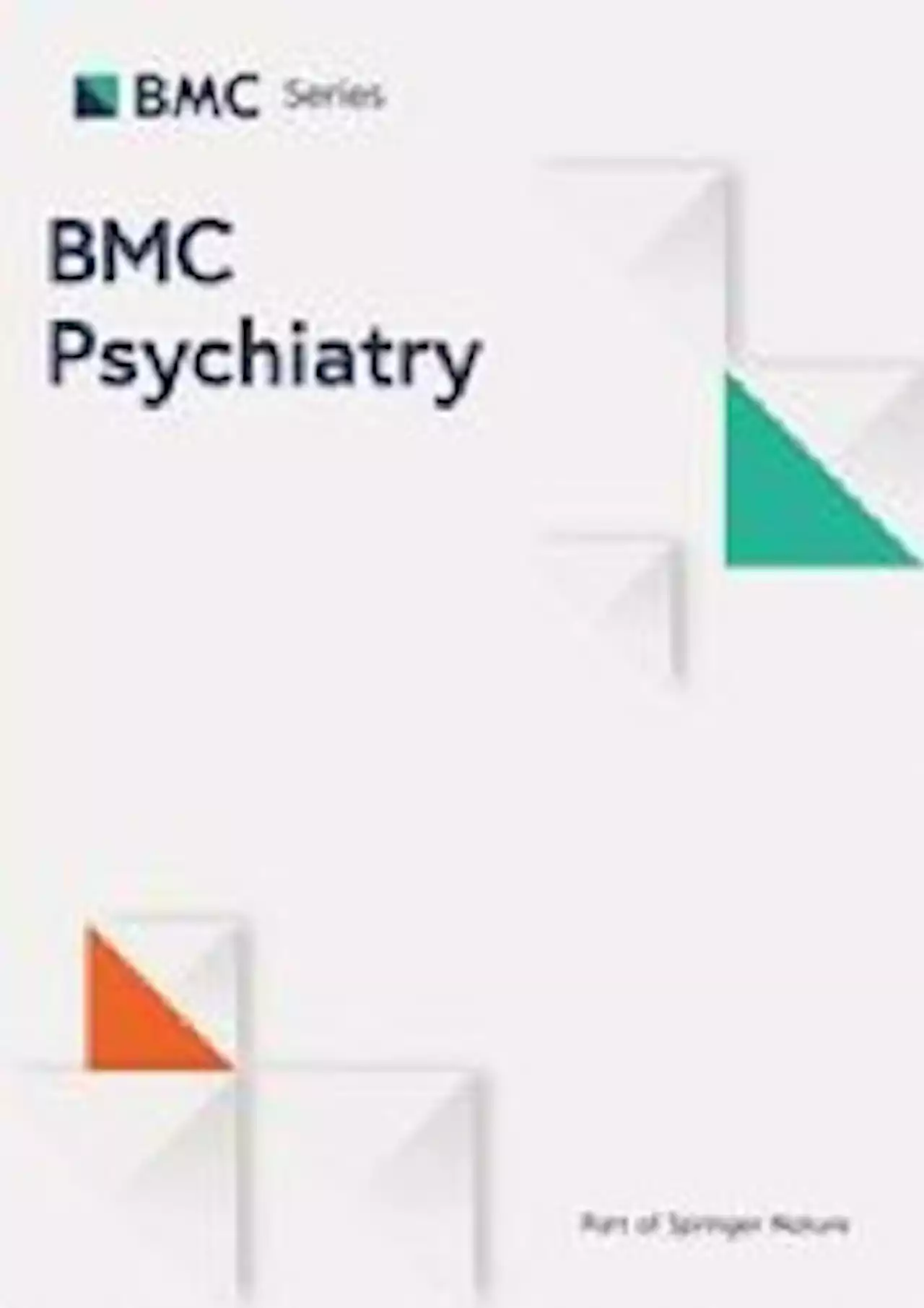New study investigates whether we think about anxiety and depression differently now PLOSONE
]. A similar convergence was evident in the general corpus, albeit appearing later. ‘Depression’ became the top collocate of ‘anxiety’ in the 2000s and ‘anxiety’ became its top collocate in the 2010s. The two concepts have clearly become a tightly bound pair in both the academic and general discourse.
Although our findings do not support the predicted dilution of the meaning of ‘anxiety’ or ‘depression’, they are consistent with an increased pathologizing of these concepts over recent decades. Whereas ‘anxiety’ and ‘depression’ can refer to ordinary affective states, rather than to clinical conditions, and–judging from the collocates–largely did so in the 1970s and 1980s, the strong trend in both psychological and general discourse has been to place a clinical frame around them.
The present research inevitably has limitations and weaknesses. Despite the breadth and size of the two text corpora, it is possible that unrelated historical changes in their composition might distort the severity trends we examined in our hypothesis tests .
Belgique Dernières Nouvelles, Belgique Actualités
Similar News:Vous pouvez également lire des articles d'actualité similaires à celui-ci que nous avons collectés auprès d'autres sources d'information.
 Relationships among autistic traits, depression, anxiety, and maternal–infant bonding in postpartum women - BMC PsychiatryBackground Although several studies have found significant relationships between autistic traits and depression/anxiety, the relationships between autistic traits and postpartum depression/anxiety remain unclear. Moreover, few studies have examined the relationships between autistic traits and mother–infant bonding while considering depression or anxiety. Methods This study used a cross-sectional data analysis design. Participants were 2692 women who completed the Autism-Spectrum Quotient (AQ), Hospital Anxiety and Depression Scale (HADS), and Mother-to-Infant Bonding Scale (MIBS) at 1 month postpartum. We performed path analysis that included parity, the five AQ subscales (social skills, attention switching, attention to detail, communication, and imagination), both HADS subscales (anxiety and depression), and the two MIBS subscales (lack of affection and anger and rejection). Results Our path analysis revealed that higher scores for social skills, attention switching, communication, and imagination were associated with higher scores for depression. Higher scores for social skills, attention switching, attention to detail, and communication were associated with higher scores for anxiety. Moreover, difficulties in social skills and imagination were associated with failure of maternal–infant bonding. However, more attention to detail was associated with better maternal–infant bonding. Conclusions This study suggests that maternal autistic traits are related to anxiety and depression to a certain degree, but only slightly related to maternal–infant bonding at 1 month postpartum. To improve autistic women’s quality of life and that of their newborns, perinatal mental health issues such as anxiety, depression, and maternal–fetal bonding difficulties should be appropriately addressed.
Relationships among autistic traits, depression, anxiety, and maternal–infant bonding in postpartum women - BMC PsychiatryBackground Although several studies have found significant relationships between autistic traits and depression/anxiety, the relationships between autistic traits and postpartum depression/anxiety remain unclear. Moreover, few studies have examined the relationships between autistic traits and mother–infant bonding while considering depression or anxiety. Methods This study used a cross-sectional data analysis design. Participants were 2692 women who completed the Autism-Spectrum Quotient (AQ), Hospital Anxiety and Depression Scale (HADS), and Mother-to-Infant Bonding Scale (MIBS) at 1 month postpartum. We performed path analysis that included parity, the five AQ subscales (social skills, attention switching, attention to detail, communication, and imagination), both HADS subscales (anxiety and depression), and the two MIBS subscales (lack of affection and anger and rejection). Results Our path analysis revealed that higher scores for social skills, attention switching, communication, and imagination were associated with higher scores for depression. Higher scores for social skills, attention switching, attention to detail, and communication were associated with higher scores for anxiety. Moreover, difficulties in social skills and imagination were associated with failure of maternal–infant bonding. However, more attention to detail was associated with better maternal–infant bonding. Conclusions This study suggests that maternal autistic traits are related to anxiety and depression to a certain degree, but only slightly related to maternal–infant bonding at 1 month postpartum. To improve autistic women’s quality of life and that of their newborns, perinatal mental health issues such as anxiety, depression, and maternal–fetal bonding difficulties should be appropriately addressed.
Lire la suite »
 Warning signs of Alzheimer’s as Fiona Phillips reveals heartbreaking diagnosisThe warning signs of Alzheimer’s Disease as Fiona Phillips reveals heartbreaking diagnosis aged just 62
Warning signs of Alzheimer’s as Fiona Phillips reveals heartbreaking diagnosisThe warning signs of Alzheimer’s Disease as Fiona Phillips reveals heartbreaking diagnosis aged just 62
Lire la suite »
 OCD Treatment Could Transform After This Research BreakthroughThis is seriously exciting.
OCD Treatment Could Transform After This Research BreakthroughThis is seriously exciting.
Lire la suite »
 Clinical research platform uMed raises £10m to tackle slump in UK trialsuMed, which was founded by NHS doctor Matt Wilson, has secured money from investors including Albio VC and Playfair Capital to reverse a sharp decline in the number of British trials taking place, Sky News learns.
Clinical research platform uMed raises £10m to tackle slump in UK trialsuMed, which was founded by NHS doctor Matt Wilson, has secured money from investors including Albio VC and Playfair Capital to reverse a sharp decline in the number of British trials taking place, Sky News learns.
Lire la suite »
 Brexit: Irish cross-border trade now 'more economically important'New analysis of international trade in Ireland and NI suggests trade across the Irish border has become more economically important since Brexit JP_Biz
Brexit: Irish cross-border trade now 'more economically important'New analysis of international trade in Ireland and NI suggests trade across the Irish border has become more economically important since Brexit JP_Biz
Lire la suite »
